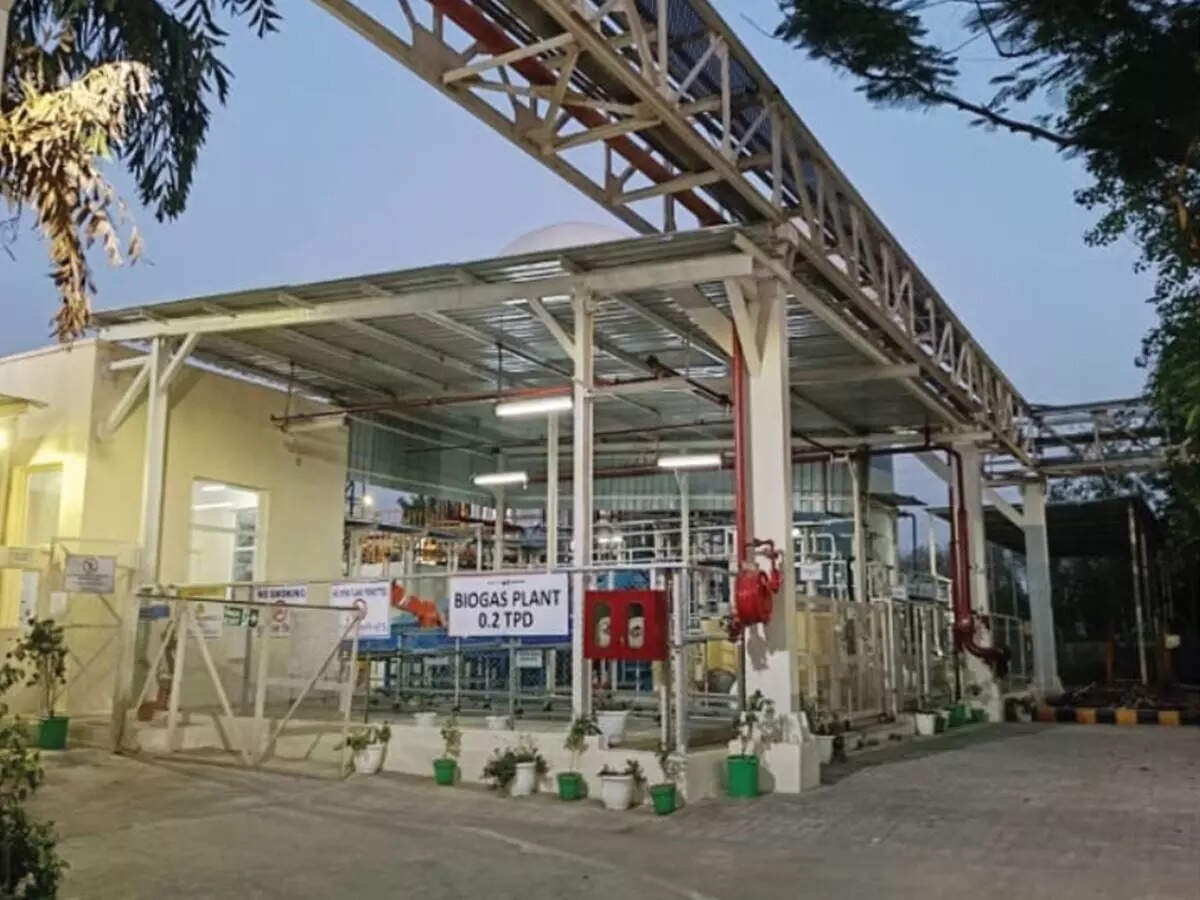
New Delhi: Maruti Suzuki India Limited (MSIL) commences a pilot Biogas plant at its Manesar facility in the fiscal year 2024-25, harnessing the untapped potential of in-house food waste and Napier grass as resources at its plant.
The initiative is in alignment with the Ministry of New and Renewable Energy’s ‘Waste to Energy’ program, as part of MSIL’s sustainable and innovative waste management practices.
In FY24, the company invested INR 120.8 crore towards commissioning renewable energy initiatives like solar power and biogas. It has further pledged to increase the investment approximately fourfold to INR 450 crores spread over three years starting 2024-25. This will significantly boost MSIL’s environmental sustainability initiatives, the company said.
The pilot plant is designed to produce 0.2 tons of biogas daily. The anticipated output is about 1 lac standard cubic meters of biogas in FY 2024-25. It will offset approximately 190 tonnes of CO2 per annum. The pilot biogas plant will provide energy for the manufacturing processes of the company’s Manesar facility. The residual organic manure will be utilized in horticulture effectively making it a zero-discharge model, the company said in a media release.
Hisashi Takeuchi, Managing Director and CEO, MSIL, said, “Energy is one of the critical inputs in the manufacturing process. As we ramp up our production capacity from around 2 million to 4 million by 2030-31, we are also accelerating our efforts to increase the share of sustainable and renewable energy sources across our operations. This is in line with Suzuki’s Environment Vision 2050 and Govt of India’s renewable energy focus. The biogas plant at Manesar is another step towards fostering a cleaner and more sustainable energy landscape at MSIL and the industry at large. Just as we are bringing multiple technologies in our products, we would also focus on multiple renewable energy sources to make our operations greener.”
“We strategically invest in our existing and upcoming facilities to ensure they are environmentally sustainable by optimizing energy consumption, integrating renewable energy sources, implementing efficient waste management protocols, and conserving water resources. The learning from this pilot will be implemented at our upcoming world-class manufacturing facilities,” he added.
Solar capacity at Manesar, Kharkhoda: Maruti Suzuki is actively transitioning to green manufacturing practices at its Manesar and Kharkhoda facilities. The company expanded its solar capacity to 43.2 MWp in the fiscal year 2023-24. Meanwhile, it is on track to add 15 MWp solar capacity to its Manesar plant and 20 MWp to the upcoming Kharkhoda plant over the next two years. This will boost the total solar capacity to reach 78.2 MWp by the fiscal year 2025-26, the release added.

